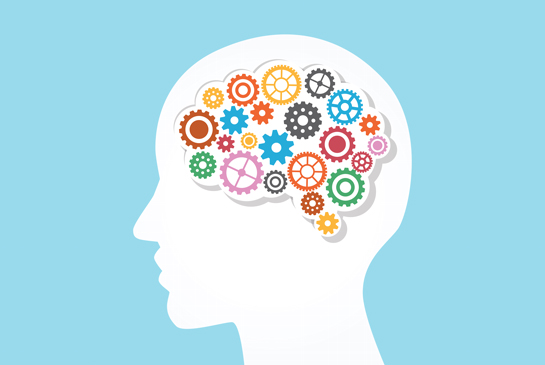Behavioural science is the scientific study of behaviour – what enables it, what prevents it, and how best to elicit and maintain it. A behaviour is anything we do in response to an internal or external event; behaviour can often be confused with attitudes, emotions, intentions, influences, and outcomes. An intention is something that we aim or plan to do; intending to do something does not mean that we will actually do it. Attitudes, beliefs, emotions, knowledge and skills, people around us, and our physical environment are all factors that can influence our behaviour. Outcomes are the end goal or desired impact that we want to achieve.
Behavioural Science involves collecting and analysing data, synthesising evidence, building models and theories to predict behaviour, and developing and evaluating interventions to influence it. Behavioural science is becoming widely applied in the public and commercial sectors. In the public sector it is being used to optimise policies, services, and communications. Relying on common sense to predict how people will react has led in the past to costly failures. There are now numerous examples of how behavioural science has led to effective policymaking, service development and communications.
The Wellbeing of Future Generations (Wales) Act sets ambitious goals for improving wellbeing in Wales, as well as duties, mechanisms and ways-of-working to achieve its aims. Achieving improvements in the social, economic, environmental, and cultural wellbeing of Wales relies heavily on behavioural change, and consequently behavioural science can play an increasingly important role in delivering the well-being goals.
An important practical use of behavioural science is to develop effective behaviour change interventions, such as services and policies. In doing so it is crucial not to jump in with such interventions prematurely, but to adopt a systematic method to arrive at ones that stand a good chance of meeting their objectives. Such an approach includes several steps as outlined below:
- Problem definition: Defining the challenge in behavioural terms and deciding on a target behaviour(s) and target group.
- Behavioural diagnosis: Understanding what drives the behaviour and what needs to happen to change the behaviour. The COM B model provides an evidence-based structure for exploring and identifying determinants of behaviour.
- Intervention design: Drawing on the insights gained from the second phase, developing interventions/policies that aim to influence the target behaviour by addressing the barriers identified. The Behaviour Change Wheel provides a menu of evidence-based intervention types and methods for implementing such interventions.
- Monitoring and evaluating impact: Undertaking process and/or impact evaluation to evidence whether the intervention worked and whether there were any unintended consequences.
- Scaling: Increasing the spread and scale of interventions that have proven to be effective
Behavioural Science Unit
Public Health Wales Behavioural Science Unit provides specialist expertise on behavioural science, and champions and enables the increasingly routine application of it, to improve health and wellbeing in Wales. The Unit supports stakeholders in the wider public health system, to deliver a step change in improving health and wellbeing outcomes. It provides specialist support to integrate behavioural science as a way of optimising policy, services and communications designed to improve wellbeing; develops resources to increase the routine application of behavioural science; and facilitates the development of capability and capacity. To learn more about the work of the unit and to access behavioural science tools and guidance please visit the website. To contact the unit please email PHW.behaviourchange@wales.nhs.uk
